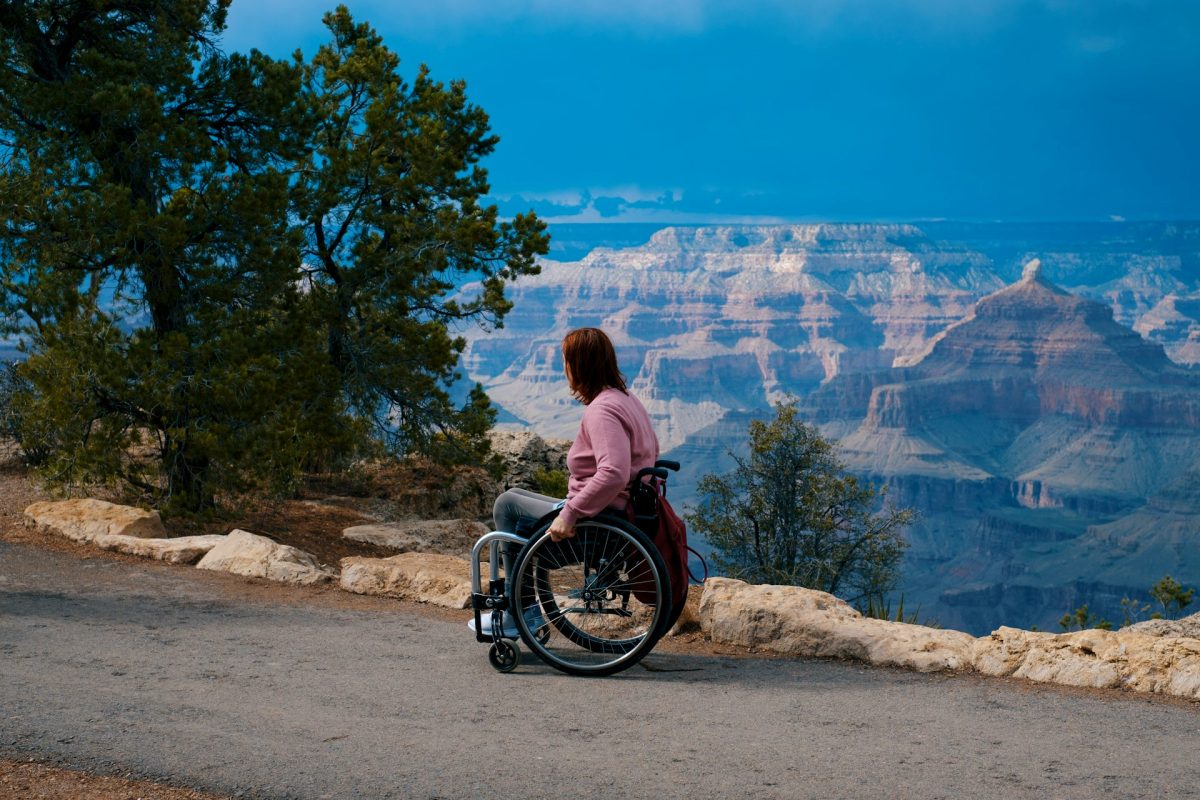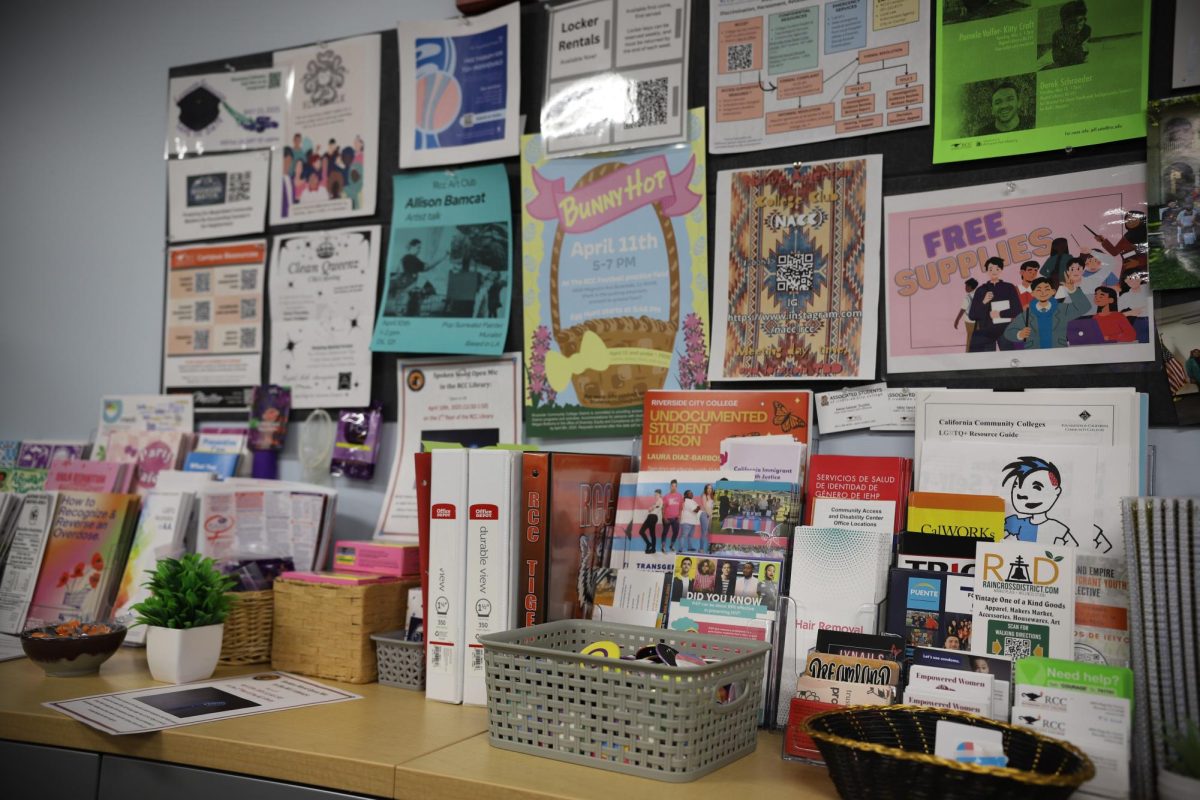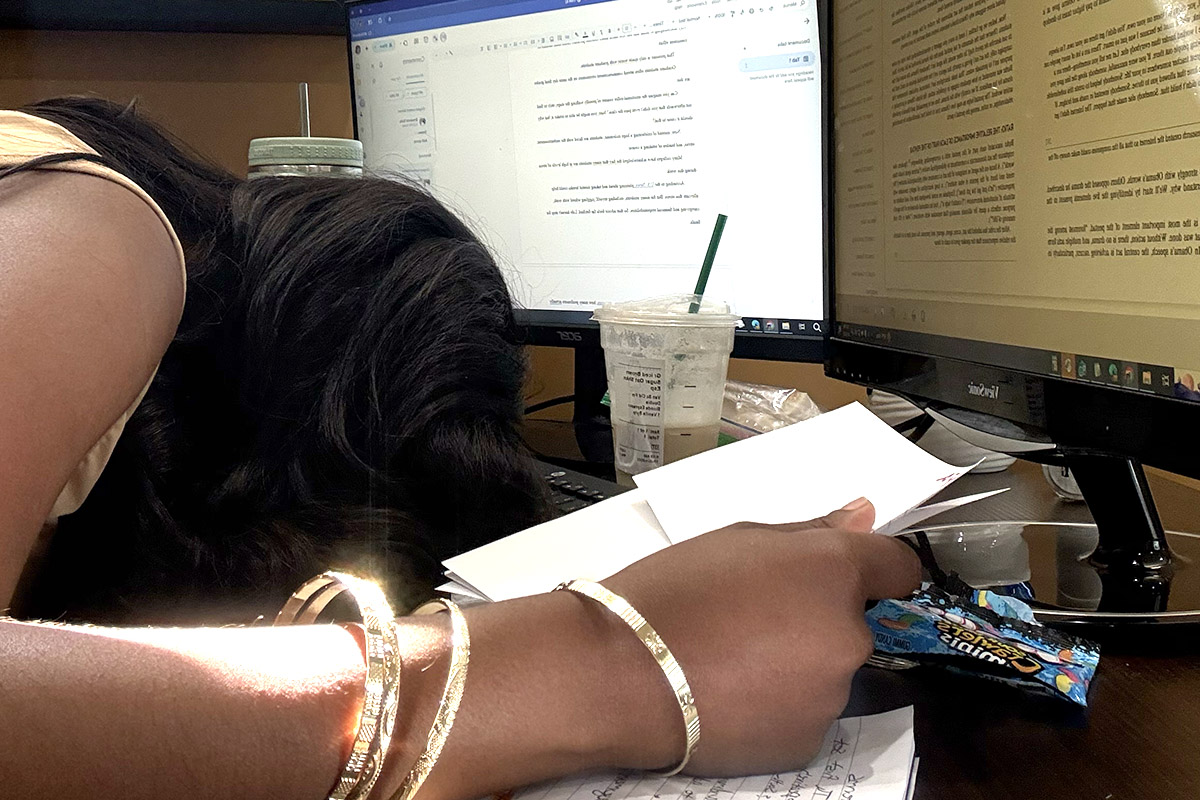
By John Michael Guerrero
Many programs that intend to prepare students for the future fail at educating them on the many possibilities after high school graduation.
I graduated from one of many high schools in Southern California that offers Advanced Placement(AP) and International Baccalaureate(IB) courses. These classes were taught to mirror college level courses.
IB is a more brutal version of AP.
Taking on IB classes my junior year of high school was both exciting but equally stressful. Although I did not stick with the program for more than a semester, I experienced how overwhelming and demanding it was in comparison to college. I was barely able to scrape through the first couple months due to the stress, exhaustion and mental instabilities I had gone through the year prior in AP.
It was common to see an AP and IB student crying and the sad truth is that counselors for these programs further encouraged students to take on the extra load.
They expected you to be overly active in sports, clubs or performing arts, yet still maintain a 3.5 GPA in your academics. If you were struggling or failing a class, you were always seen as the problem. It was rarely the idea you are taking on too much. In many cases they would even take you out of extracurriculars despite the benefits they may have on your academics and personal wellbeing.
Challenge yourself is one thing but it is something completely different encouraging students to drain themselves to the point of being in an unstable mindset.
I was told countless times that AP and IB would be crucial and necessary to succeed in life.
The counselors assigned to the programs would rarely talk about alternatives, so for a majority of my high school career I took on every single AP and IB class
I did to prove I was something more than others.
I felt that if I didn’t stress myself out that I wasn’t doing enough.
The idea of taking the classes I really needed for college was rarely brought up.
There are many destructive misconceptions about college that high school counselors in AP and IB tend to perpetuate like, “four year colleges should be your own goal if you want to succeed and live a happy life.” The only picture painted is four year universities and private institutions are your only options. In reality there is a plethora of options after high school such as trade school, study abroad and community college. The biggest mistake is that counselors saw entering the workforce after high school as taboo.
Many courses in these programs overlapped, retaking some courses in IB is repetitive.
I didn’t know better than to listen to them about my “plans.” My input was very rarely considered, and at times they would make students feel like the small changes they made to the plan were wrong.
General Education (GE) courses for college made sense but electives felt more random at times.
High school serves as the gateway to higher education for many therefore counselors in these programs should be more open to understanding future careers of each student.
The focus should be on placing them into classes that would help them skip over GE classes in college while also keeping them on track.
Counselors should serve to help achieve those goals rather than putting students down.
Guidance counselors outside of these programs are far more understanding and less brutal at criticizing students for being human.
As a former student of both programs, something I wish that was talked about more was how mentally straining these courses were, crying countless times, feeling alone and wanting to give up.
There is next to no support from the high school counselors for those who begin suffering from depressive, or even suicidal, thoughts. Some students were able to cope, but many would reach a breaking point from which they would drop the program altogether or begin self-destructive tendencies. This was another topic only people with the program knew about but rarely brought up with others outside of it to preserve the masquerade that everything in their life was great.
Guidance from the counselors for these programs felt more harmful because they just didn’t care at times. The people who were more helpful than the counselors were your friends, family and the few teachers you grew close to.
AP and IB should serve as programs that can challenge students to reach higher goals, but should not also serve as a double edge sword.
The double standard of applauding a student for taking on these courses then putting them down for not passing is harmful and will only hurt their future.






